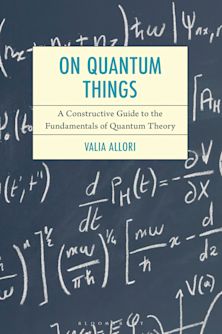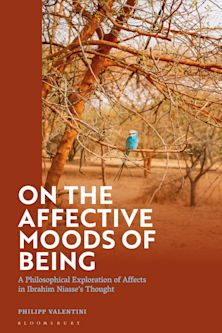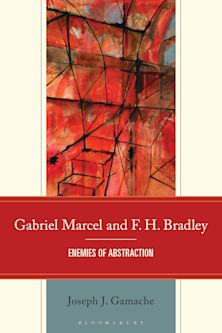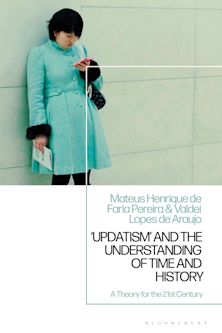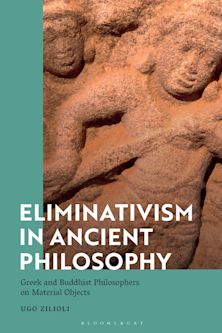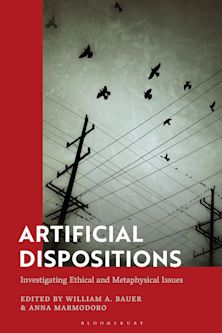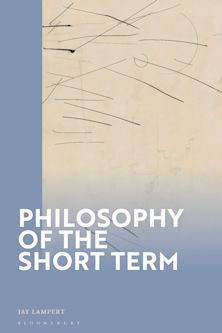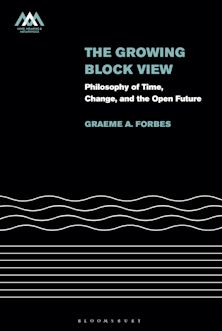This product is usually dispatched within 1 week
- Delivery and returns info
-
Free CA delivery on orders $40 or over
Description
Following Credit and Faith and Economic Theology, this third volume in the series develops a metaphysics which is missing when trust is ordered around economic theories and institutions. Human existence may be conceived according to its temporal dimensions of appropriation, participation, and offering.
Engaging with the Western philosophical tradition from the Neo-Pythagoreans and Plato to Heidegger and Arendt, drawing especially from Augustine and Weil, Goodchild offers striking reconstructions of the meanings of economic, political and religious dimensions of life. The outcome is an elaboration of conceptions of wealth, power, contingency, necessity and grace which give a new orientation to human life and endeavour.
Goodchild situates this discussion within the current historical era of the breakdown of global financial capitalism. He draws from the Financial Revolution in England as a time of crisis which illuminates our own. Faced with a range of global crises, Goodchild proposes an alternative between strategies for survival: either submission before a Great Machine of Credit as an autonomous, unthinking system for regulating human behaviour or accession to the necessity of grace as a way of empowering the pursuit of wealth, justice and thought.
Table of Contents
Part One: Introducing the Metaphysics of Trust
First Parable: A failed escape
Chapter One: Trust and orientation
Chapter Two: The metaphysics of everyday life
Chapter Three: Finitude and trust
Chapter Four: A Recapitulation
Part Two: Wealth and Appropriation: Metaphysics of Credit
Second Parable: The usurper
Chapter Five: Land, human power, and capital
Chapter Six: The wealth of significance
Chapter Seven: More or less real
Chapter Eight: Dwelling within limits
Chapter Nine: Varieties of appropriation
Chapter Ten: Living economically
Part Three: Power and Participation: Politics of Credit
Third Parable: The city of justice
Chapter Eleven: Religion, reason and will
Chapter Twelve: State power
Chapter Thirteen: Individual power
Chapter Fourteen: Respect and participation
Chapter Fifteen: Justice and metaphysics
Chapter Sixteen: Politics of faith
Part Four: Necessity and Grace: Theology of Credit
Fourth Parable: The Great Machine of Credit
Chapter Fifte
Product details
| Published | Jun 29 2021 |
|---|---|
| Format | Hardback |
| Edition | 1st |
| Extent | 240 |
| ISBN | 9781786614292 |
| Imprint | Rowman & Littlefield |
| Dimensions | 228 x 160 mm |
| Publisher | Bloomsbury Publishing |
Reviews

ONLINE RESOURCES
Bloomsbury Collections
This book is available on Bloomsbury Collections where your library has access.













